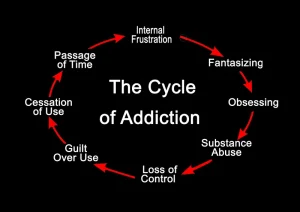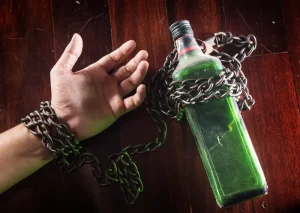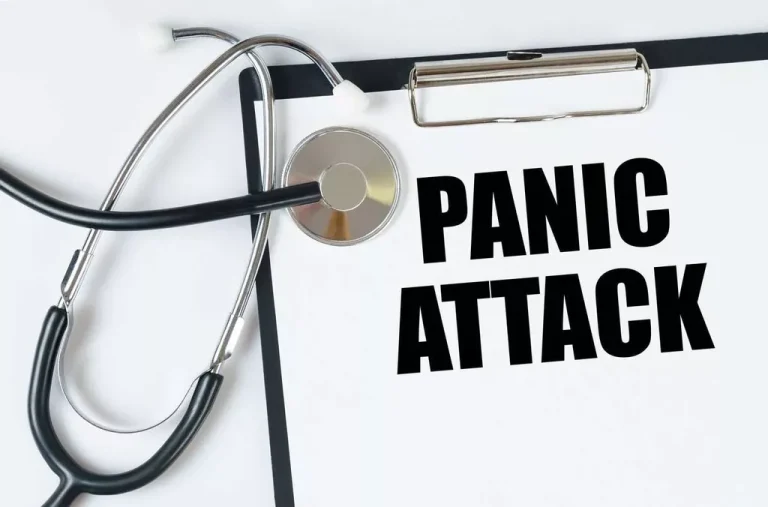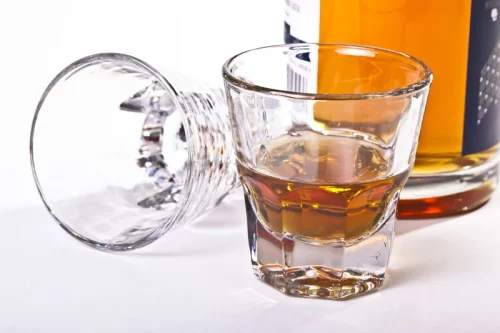
Having a chaotic or disorganized lifestyle can also hinder your recovery. It’s important to develop a structured daily and weekly schedule and stick to it. Sometimes I feel like sobriety’s Andy Rooney – the ironic, curmudgeon of the blogging set, pointing out the pitfalls and snafus that no one else will tell the world about quitting drinking. I have been known to sniff at the sophomoric crowing of those who extoll the benefits of living clean and sober.
- Many people who misuse alcohol or drugs have trouble dealing with anger.
- This isn’t to say that all of your friends will be threatened, or that all of your friendships will change.
- Sobriety is not all roses and reggae, after all, and those who are in a position to help, will always stress the indisputable fact that being clear-headed is better than being a drunk.
- In the early days, I felt that it was my responsibility to answer the question, “How come you aren’t drinking?
Feeling Like Being Sober Sucks? 12 Tips for Feeling Better
Reputable, research-based treatment programs select therapies and interventions to match your personal needs. For example, a Veteran with post-traumatic stress disorder (PTSD) who misuses cocaine, doesn’t have the same needs as a stay-at-home mom struggling with alcohol use. There’s a little moment, toward the end of the book, where you are sober for a while and get back on Wellbutrin, then go off of it again and start going to parties again. What is your relationship to drugs and partying now?
Choose a Therapy
Although these new activities are healthy and productive, they can be a stumbling block to lasting recovery if they become a transfer addiction to fill the void left by the original addiction. Once you do return to work, it’s important to create a budget and take steps to safeguard yourself as work stress can be a relapse trigger. A structured routine will help you achieve other goals in your life, whether they are short-term (like being on time for work) or long-term (like going back to school and changing careers). Depending on the type of dependency, PAWS can last from six months to two years after you stop using drugs or alcohol. Johnson described a moment when a pastor was calling people up to the stage who were in need of God’s love. Johnson made eye contact with Ortega, who was there with his family and shook his head.
- By Sanjana GuptaSanjana is a health writer and editor.
- It doesn’t take long for thoughts to become words and words to become actions.
- It made me realize (like a cartoon POW!) that, sad and shocked as I was, I did not even think about drinking.
- You may again seek out the people and situations that support your alcohol use.
- I used to be an easy target for abusers and gaslighting.
- Developing a structured routine can help a person stick to their sobriety goals, make healthy decisions, and reduce the likelihood of triggers and relapse.
Finding Treatment for Alcoholism
There was an echo of that in a lot of things, like the idea that police and guns keep us safe. The title is about the myths that we tell ourselves versus the empirical reality of what is actually dangerous being sober sucks and how we treat that. Lastly, whether enrolled in a formal treatment program or you’re still contemplating sobriety, you may benefit from mutual support groups as a part of your lifelong recovery process.
This isn’t to say that all of your friends will be threatened, or that all of your friendships will change. Some will certainly remain, but even those aren’t necessarily long-game friendships. Sobriety is kind of like the fast-pass line at Disneyland, except the ride is growing up. If you’re like most drinkers, you’ve likely surrounded yourself at some point with a group of people who also drink.

Step 2: Reach Out
By Sanjana GuptaSanjana is a health writer and editor. Her work spans various health-related topics, including mental health, fitness, nutrition, and wellness. For drug use, 12 months is considered the minimum treatment time. Shorter treatment times of around three months have limited effectiveness, in both inpatient and outpatient settings, according to the National Institute on Drug Abuse. Some individuals can do this on their own with community or peer support; however, others will require the help of providers through medically-supervised detoxification. This can be done in outpatient or inpatient settings.
- People who abuse alcohol get to a point in their drinking where they cannot manage any emotion in a healthy way.
- But I don’t know if it means anything or if it’s just words.
- Some see results much faster, and they are among the lucky few.
- These are only a few of the signs that may indicate a substance use disorder.
- This is most likely to occur in programs that provide services and therapies based on research.
- Risk avoidance and wellness culture are a morality of our time, but it’s all about consumer choices rather than larger society.
The brain and body need time to return to functioning without the substance. Medical support can help keep you safe and as comfortable as possible during the detox process. First and foremost, find a treatment program that has a positive track record in terms of patients completing treatment and maintaining sobriety. This is most likely to occur in programs that provide services and therapies based on research.

Treatment and Therapy Options
So if all of your friends drink alongside you, then there’s no issue, right? Well, there’s a concept in psychology known as “confirmation bias,” and it means that we often look for evidence to support something that we already believe to be true. It’s seen as normal to drink, and quitting that drug can feel like breaking a social pact. So your bold, life-improving decision to not drink will mean changes almost everywhere you look.

SELF does not provide medical advice, diagnosis, or treatment. Any information published on this website or by this brand is not intended as a substitute for medical advice, and you should not take any action before consulting with a healthcare professional. Becoming sober isn’t just about abstaining from alcohol. If you’ve been curious about https://ecosoberhouse.com/ how to stop drinking alcohol and get sober, you might be wondering where to start. Keep reading to learn about steps you can take to stop drinking, take back control of your life, and how to get sober from alcohol to start the path to recovery and long-term sobriety. Getting sober is when someone stops using an intoxicating substance.
